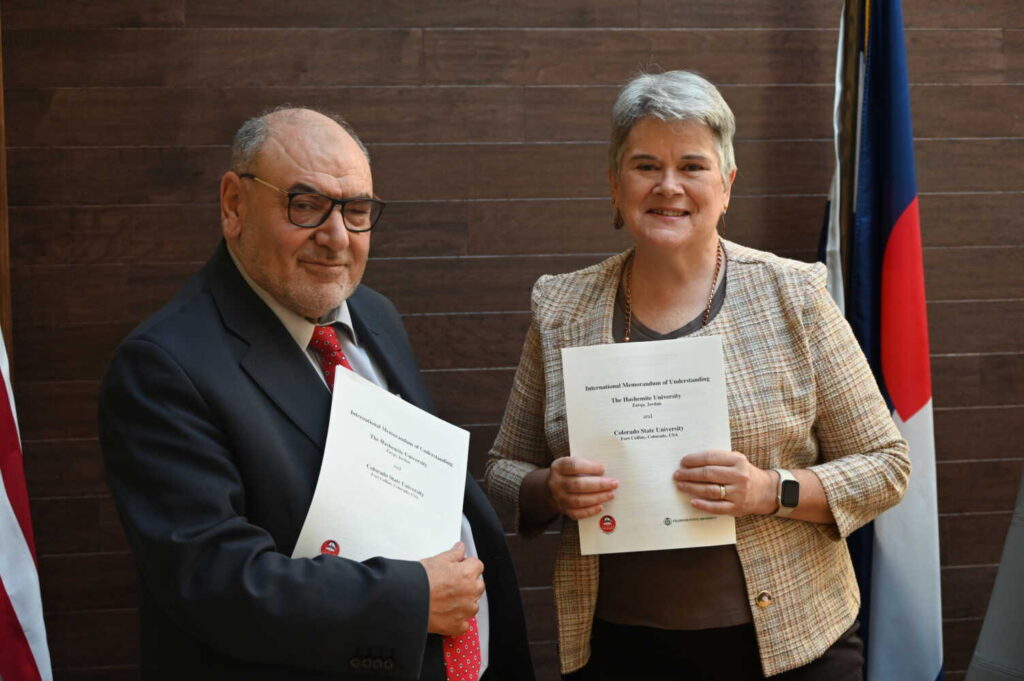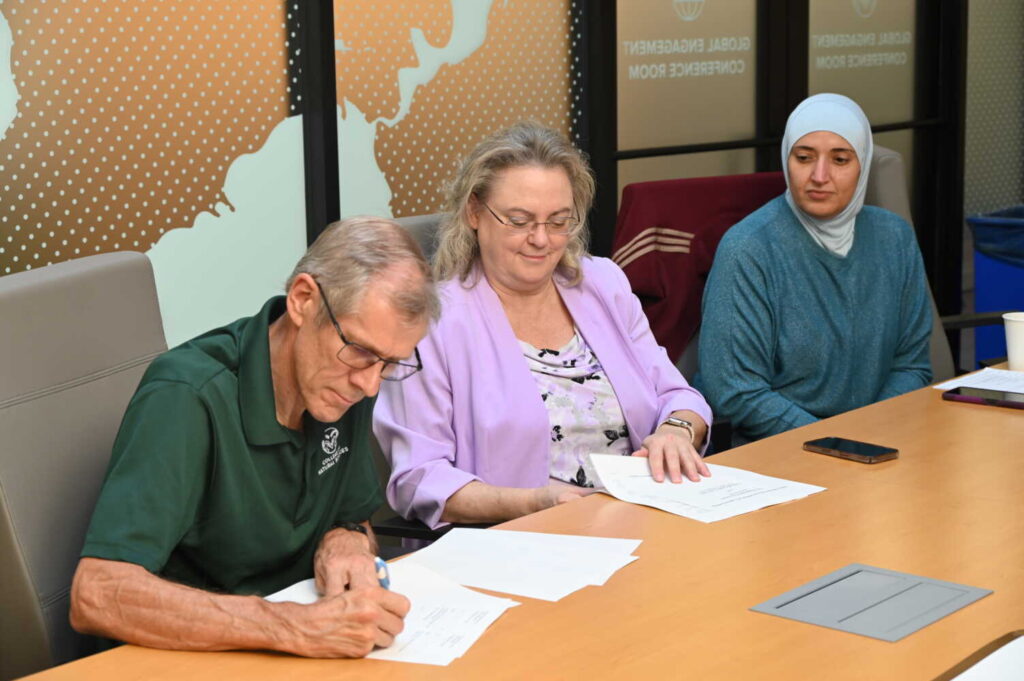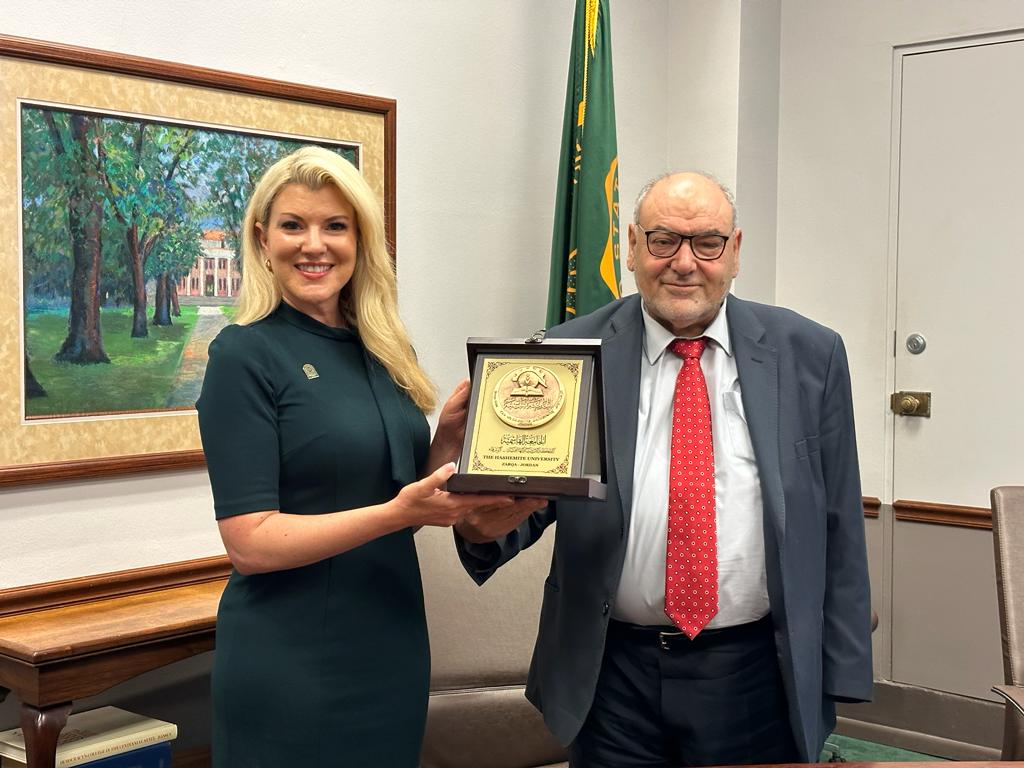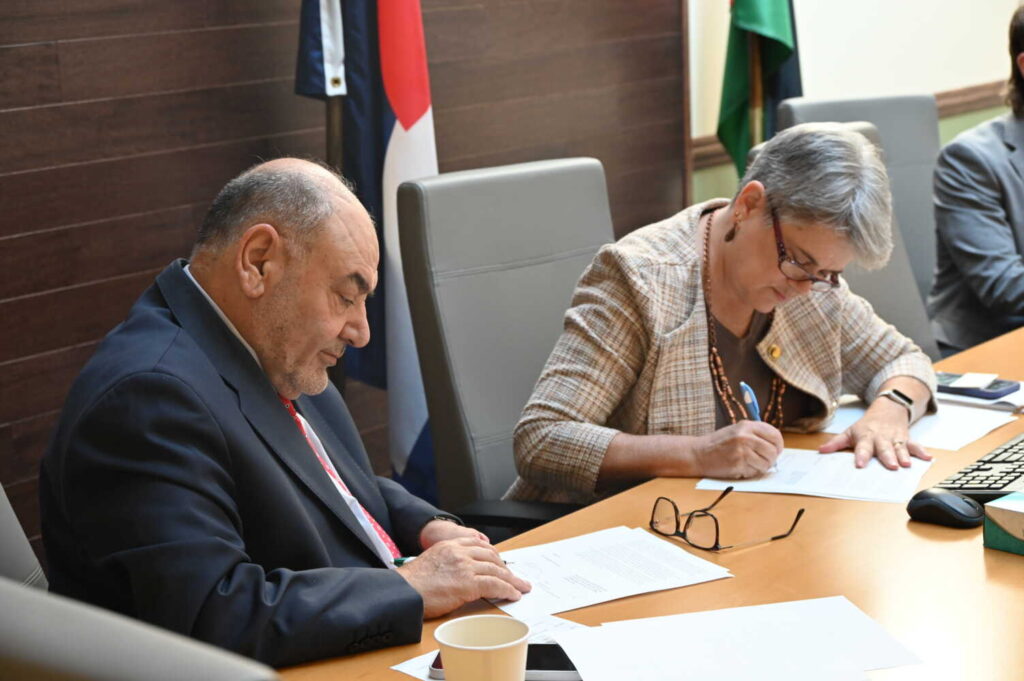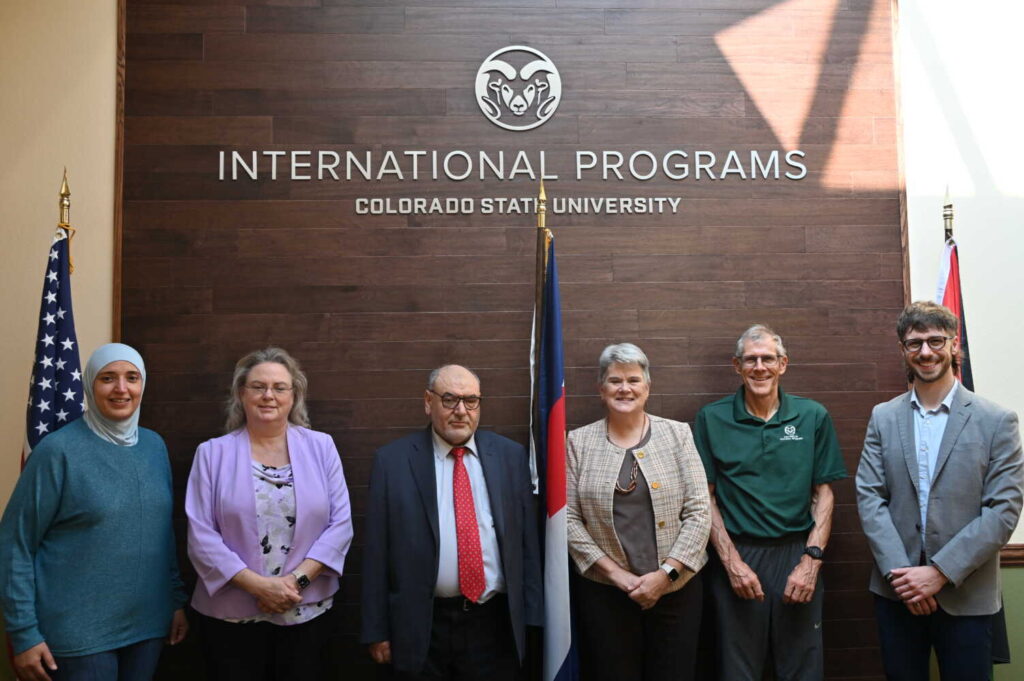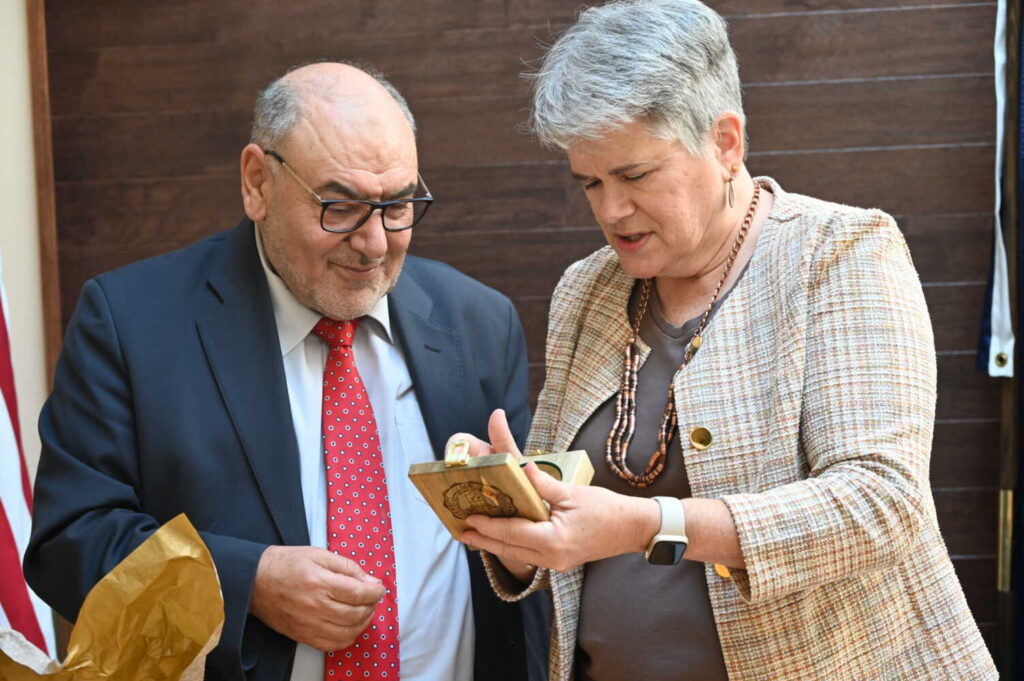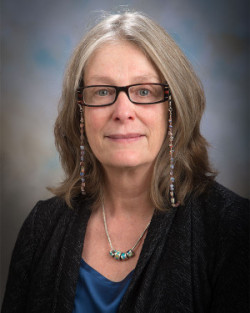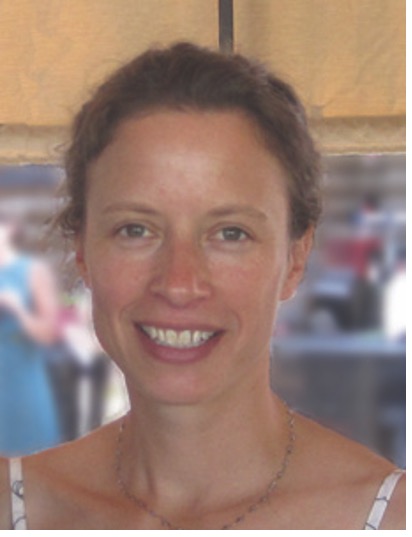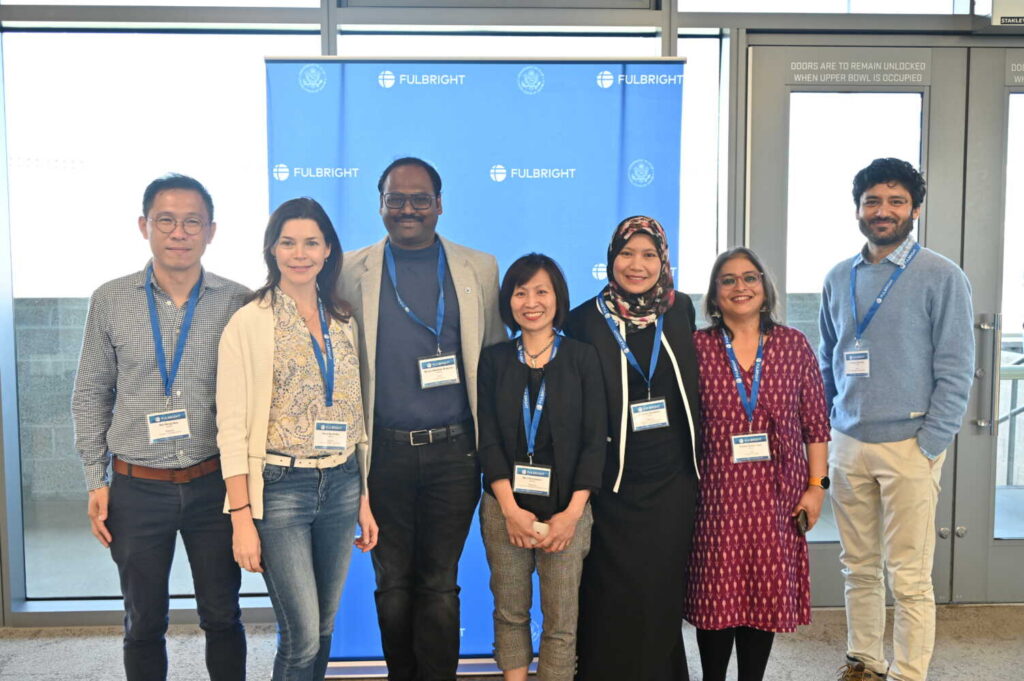
Colorado State University had the pleasure of hosting the Spring 2024 Fulbright Enrichment Seminar, a significant gathering of intellectual minds from across the globe.
122 Fulbright Scholars representing 57 diverse countries came to CSU to collaborate and exchange knowledge with fellow scholars currently placed at various research institutions across the U.S.
What is Fulbright? The Fulbright Program is a flagship program of international educational and cultural exchange. It offers passionate and accomplished students and scholars in more than 160 countries the opportunity to study, teach, conduct research, exchange ideas, and contribute to mutual understanding at locations that span the globe. These talented “Fulbrighters” from all backgrounds inspire, innovate, and contribute to finding solutions to challenges facing our communities and our world. Learn more at fulbrightscholars.org



The seminar was filled with vibrant discussions, insightful presentations, and collaborative endeavors. Topics delved deeply into the pressing issues surrounding climate change, with a particular focus on its impact on the semi-arid regions of the American West.
Colorado State University, no stranger to serving as a hub of academic excellence and cultural exchange, was the perfect home for such a conference. Fulbright’s selection of CSU as the venue for this seminar underscores the institution’s unwavering dedication to combating climate change and fostering sustainability initiatives.
International Programs and the School of Global Environmental Sustainability (SOGES) partnered to orchestrate the seminar’s success. SOGES staff and faculty led presentations, facilitated productive exchanges, and catalyzed collaborative efforts among the participants, whereas International Programs was instrumental in the planning and execution of seminar logistics. Together, these groups worked to provide a platform for meaningful academic discourse.
By harnessing the collective wisdom and expertise of Fulbright Scholars from around the world, the seminar reaffirmed Colorado State University’s commitment to fostering international collaboration and driving positive change in the face of one of humanity’s greatest global challenges — climate change.

